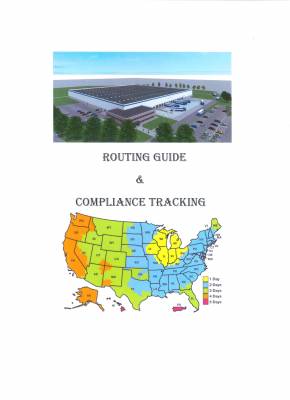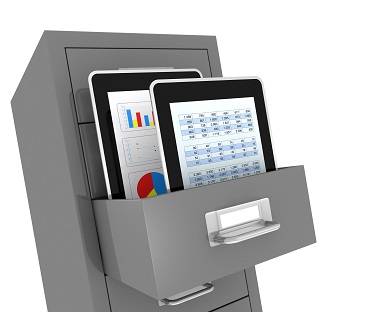Best in Class shippers have high quality, granular, historical freight data. They capture clean, accurate, complete data on all of their inbound, outbound and inter-branch transfers, across all modes. The most fundamental building blocks are the individual boxes, parcels, envelopes, cartons, drums or pallets. Capturing this data correctly and completely allows a shipper to address […]
Becoming a Best in Class Shipper – 1. Freight Data Management
Some shippers operate under the misconception that once the bid awards have been made, the RFP process has been completed. This is not the case. There is another critical step that can “make or break” the bid process. It is absolutely essential, particularly in multi-plant companies, to have a process in place, immediately upon implementation, […]
Freight Bid Tip # 6 – Meet Face-to-Face with Potential Carriers and Perform Due Diligence
10 years ago
We live in an era of impersonal communication. E mails, text messages, tweets and GoToMeetings have replaced face to face communication in many instances. The decision to award millions or tens of millions of dollars in freight transportation to a set of carriers is a very important one. You don’t want to entrust your company’s […]
Freight Bid Tip # 4. Cast a Wide Net in Selecting Carriers and Freight Management Companies
10 years ago
There are thousands of freight carriers, load brokers and logistics service providers throughout North America. One of the important elements of an effective freight bid is to seek out those carriers that can provide the best combination of service, capacity and rates to meet the unique needs of your business. Over the years, we […]
In order to conduct a freight RFP exercise, shippers need to secure historical data on their traffic volumes by type of service (e.g. small parcel, LTL, over the road truckload, intermodal etc.) and freight costs by lane (e.g. origin – destination pair). The data serves two purposes. First, by capturing and sharing shipment activity […]
In an RFP, the carriers are being asked to bid on specific types of freight moving on specific traffic lanes. The rates they quote are based on the freight descriptions that you provide. It is essential that all aspects of the freight be documented in sufficient detail so as to ensure the quotes received are […]
Over the past eleven years, my colleagues and I have worked on a variety of successful freight RFP or freight bid projects. During that time, we have observed a number of factors that are the keys to success. This is the first in a series of blogs that will provide tips on how to run […]
As we approach the end of February, most truckers would acknowledge that this is a good year for the North American motor carrier industry. Business volumes remain strong, in fact stronger than they have been during the first few months of prior years. Supply and demand remain in pretty good balance. Capacity is tight as […]
This year, major freight carriers have been seeking general rate (GRI) increases, higher fuel surcharges (at a time when energy prices are at their lowest levels in years), accessorial charge rate hikes and the implementation of dimensional LTL pricing. In other words, shippers, particularly in the small parcel and LTL sectors are facing a barrage […]
As Fuel Surcharges Decline, Shippers Should Not Be Complacent in Managing Freight Costs
10 years ago
Here are few statistics to consider. On June 27, 2014 a barrel of crude oil cost $107.26 U.S. On the same date, a gallon of diesel fuel cost $3.91 in the U.S. or $1.35 per liter in Canada. The cross-border (Canada/U.S.) fuel surcharge was 20.1 percent on LTL, 47 percent on truckload. Last week, the […]


























